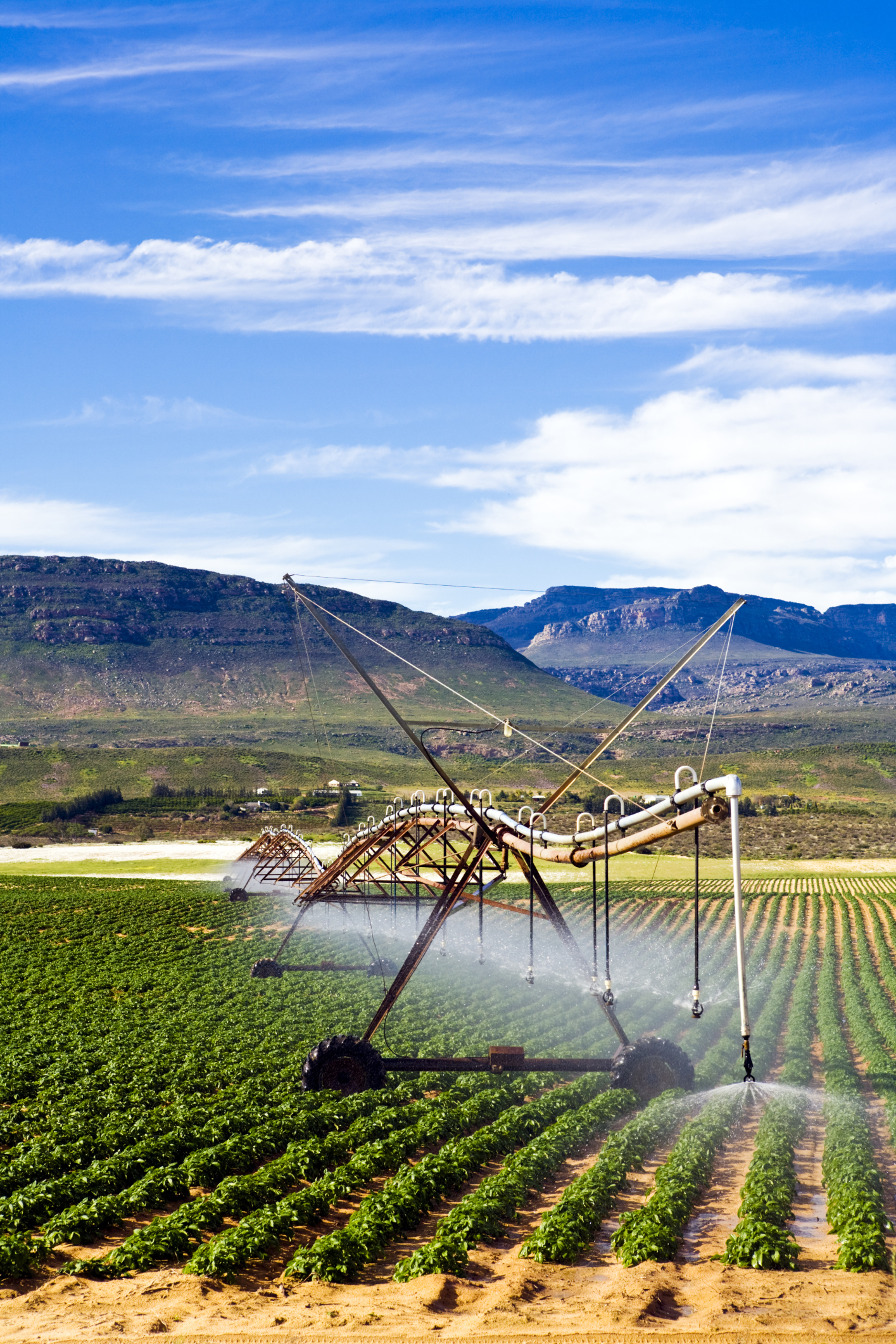How U.S. agriculture can adapt to escalating water risks
A growing suite of adaptation strategies can help farms adjust to an era of too little or too much water
Deepening patterns of water scarcity and excess pose a growing threat to agriculture across much of the United States. Intensifying climatic extremes — combined with accelerating disruptive human interventions including groundwater over-extraction, sprawling drainage networks and misaligned governance — are driving mounting water-related agricultural costs, particularly in midwestern and western states.
A new EDF report — Scarcity and Excess: Tackling Water-Related Risks to Agriculture in the United States — outlines a number of emerging pathways to counteract these threats:

Land and crop management changes including multi-benefit land repurposing, transitions to climate-resilient crop mixes, and further development of soil health practices are critical in building field- and community-level resilience to water risks.
New technology and decision-support tools can significantly improve on-farm water management. Notable examples include OpenET, an open-access data platform that provides field-level satellite-based evapotranspiration data, and the Groundwater Accounting Platform, a new platform for managers, growers, and water users to track water availability and use in near real-time.
Built and natural infrastructure approaches, both at the field- and watershed-level, can significantly improve drought and flood resilience. On-farm water recycling, for example, can help farmers address both spring flooding and summer drought. While a growing suite of natural infrastructure practices can greatly improve flood resilience.
Policy and funding mechanisms including smart groundwater governance and financing solutions to support climate-smart agriculture investments. For example, public and private sector leaders must ensure climate-smart agriculture financing solutions become readily accessible nationwide.
Partnerships and collaboration are vital for turning each of these strategies into durable solutions that address the problem at scale.
Taking stock of escalating water risks across the Midwest and West
Drought and riverine flooding alone caused an estimated $2 billion in annual losses to the agriculture sector in the West and Midwest according to the Federal Emergency Management Agency’s National Risk Index. Excess water caused $10 billion dollars in damage to the U.S. corn crop from 1989-2016.
In addition to an overall analysis of water-related threats to agriculture, the report — Scarcity and Excess: Tackling Water-Related Risks to Agriculture in the United States — outlines a number of projected region-specific impacts:
- California’s Sierra Nevada snowpack, the lynchpin of the state’s extensive agriculture sector, is projected to experience a 48-65% decline from the historical average by 2100.
- The Pacific Northwest’s Yakima Basin, under a severe warming scenario, faces significant predicted drops in average annual yields of key crops including potato, alfalfa, and apple.
- In the Southwest, further reduction in snowmelt is predicted to increase reliance on groundwater, placing unsustainable stress on the region’s already overtaxed aquifers.
- Kansas faces predicted declines in both groundwater and surface water due to climate-driven decreases in precipitation, increased groundwater withdrawals, and rising evaporative losses.
- The Midwestern Cornbelt’s predicted increase in extreme weather — including both excessive rainfall and high temperatures — could combine to significantly disrupt crop production.
Scarcity and excess are affecting farms and ranches across the Western and Midwestern United States today. From crop damage caused by flooding to curtailment of irrigation due to scarcity, and sometimes both impacts in short succession, there is urgency to expand the toolbox of responses and make them accessible on the ground. EDF is committed to working with producers and partners to do just that.













